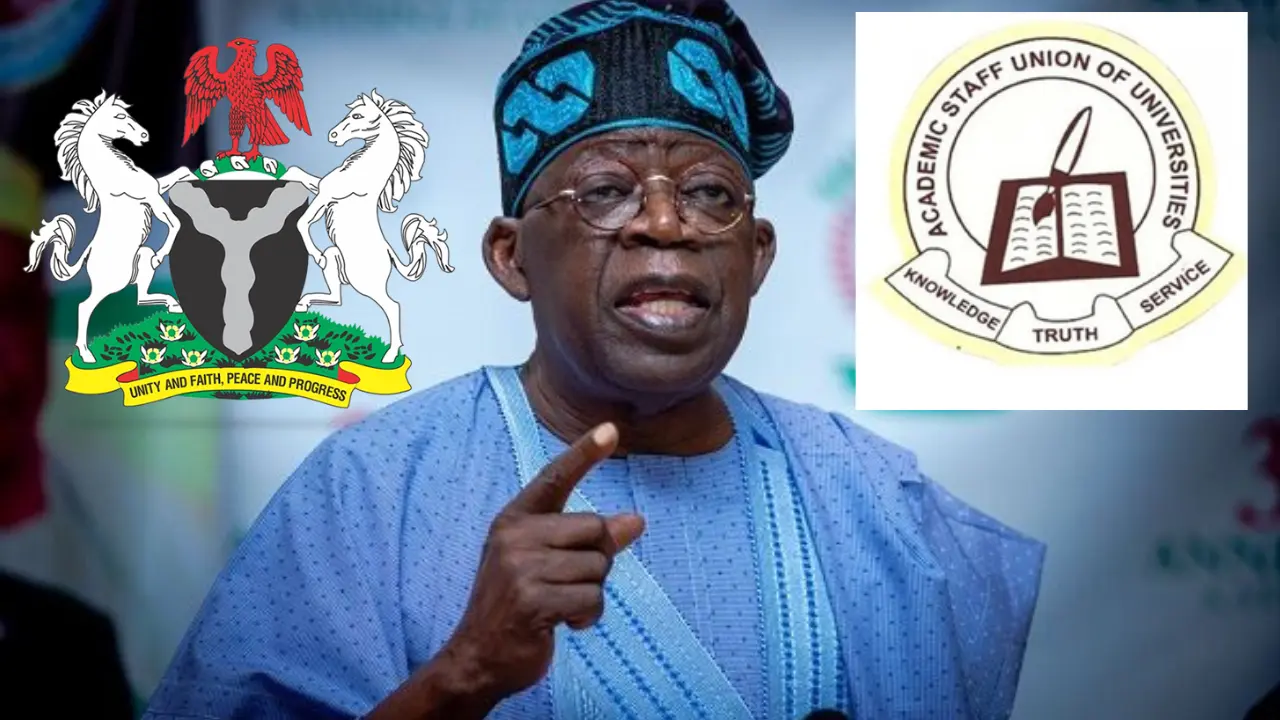The Federal Government has drawn a line in the sand on university closures, promising that Nigerian students will no longer face disruptions due to industrial action by the Academic Staff Union of Universities (ASUU).
Speaking to journalists at the State House on Tuesday, Education Minister Dr. Tunji Alausa made it clear that President Bola Tinubu has given specific instructions to keep lecture halls open and students learning.
“President Tinubu has mandated us to ensure ASUU doesn’t go on strike again. We’re doing everything within our power to keep students in school,” the minister stated firmly.
Dr. Alausa didn’t mince words about the recent six-day strike, calling it unnecessary. According to him, the government has addressed nearly all of the union’s demands and returned to the negotiation table to resolve outstanding issues.
The minister revealed that he had briefed President Tinubu on the ongoing discussions with ASUU and secured additional concessions to speed up a lasting resolution.
In what appears to be a game-changing move, the government launched the Federal Tertiary Institution Governance and Transparency Dashboard on Tuesday. This digital platform requires all federal universities, polytechnics, and colleges of education to publicly share critical information.
Institutions must now report:
- Student enrollment figures
- Personnel and capital spending
- TETFund and NELFund support received
- Endowments and grants
“If you don’t have data, you’re flying blind. You need reliable information to identify problems, design interventions, and track results,” Dr. Alausa explained.
The platform is accessible to the public and aims to restore Nigerian universities to the global standing they held three to four decades ago. Plans are underway to extend coverage to state and private institutions.
A major shift in strategy involves consolidating previously fragmented negotiation structures. Dr. Alausa pointed out that past instability stemmed from having universities, polytechnics, and colleges of education negotiating through separate committees that sometimes worked against each other.
The government has now unified the process under the Alhaji Yayale Ahmed Federal Government Negotiation Committee, which engages all academic and non-academic unions simultaneously.
“The same committee talks to ASUU, ASUP, and COEASU. Right now, everything is calm. I spoke with the ASUP president yesterday, and there’s no ultimatum from any union,” the minister assured.
To strengthen accountability, the ministry invited Dr. Adebowale Adeokun, Director-General of the Bureau of Public Procurement, to brief heads of tertiary institutions on procurement regulations. This signals the government’s intention to tighten monitoring, especially since federal institutions receive nearly 100% of their funding from government coffers.
Dr. Alausa linked these education reforms to broader national economic adjustments, including fuel subsidy removal, foreign exchange reforms, new tax legislation, and infrastructure development. He cited the 4.23% GDP growth in the last quarter as evidence that “the country is back to proper governance.”
Despite the government’s assurances, lecturers and students across Nigeria remain wary. Years of unfulfilled promises and repeated academic disruptions have created a trust deficit.
However, officials insist they’ve learned from past mistakes and are building sustainable systems to guarantee uninterrupted teaching and learning.
The message from the Presidency is unambiguous: Nigerian universities must remain open, and ASUU strikes belong to the past.
Whether this bold pledge translates into reality remains to be seen, but for now, the government appears committed to a new chapter in Nigeria’s tertiary education sector.

